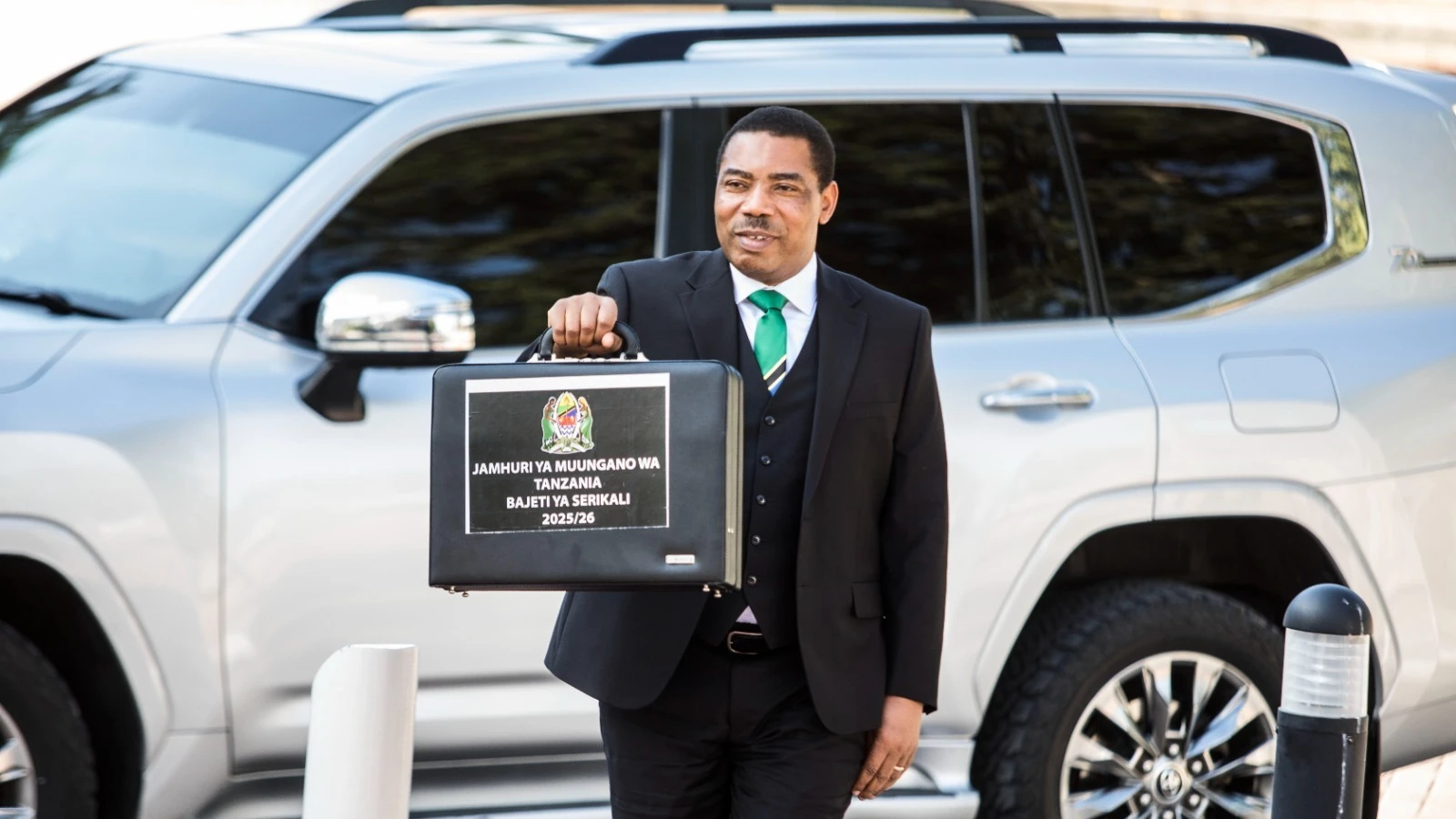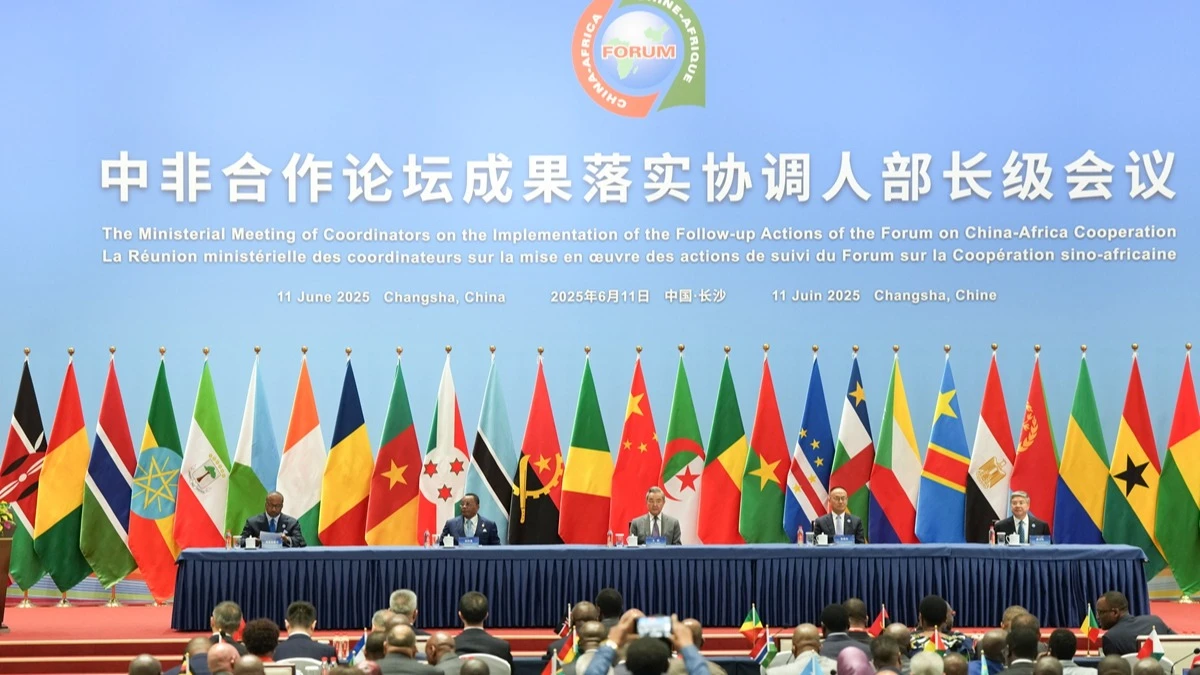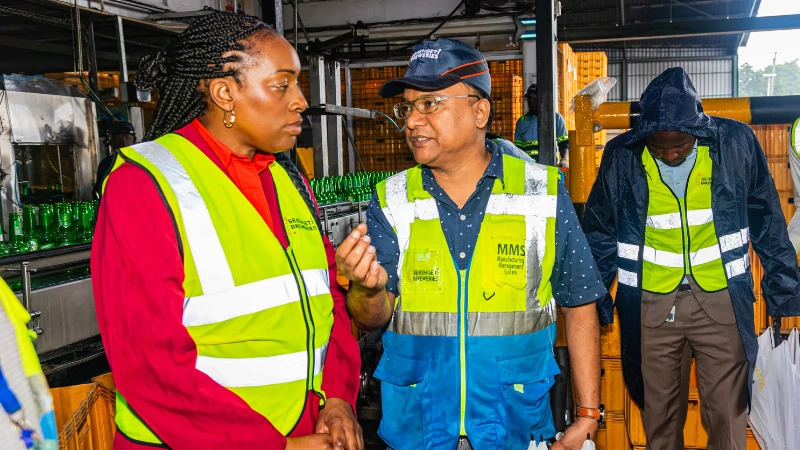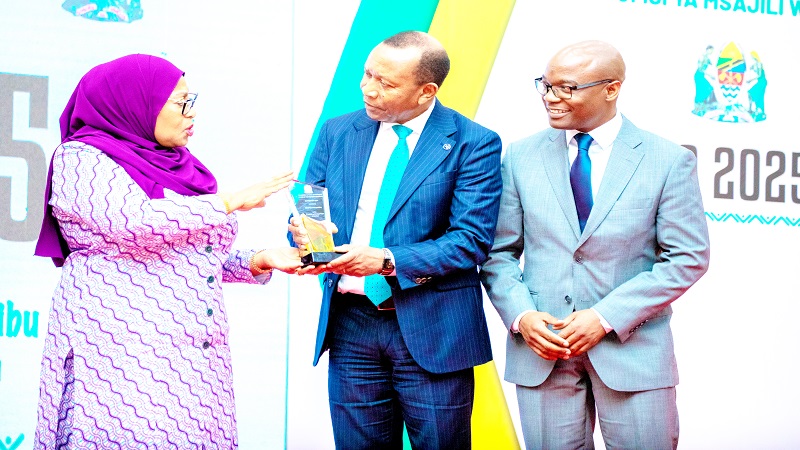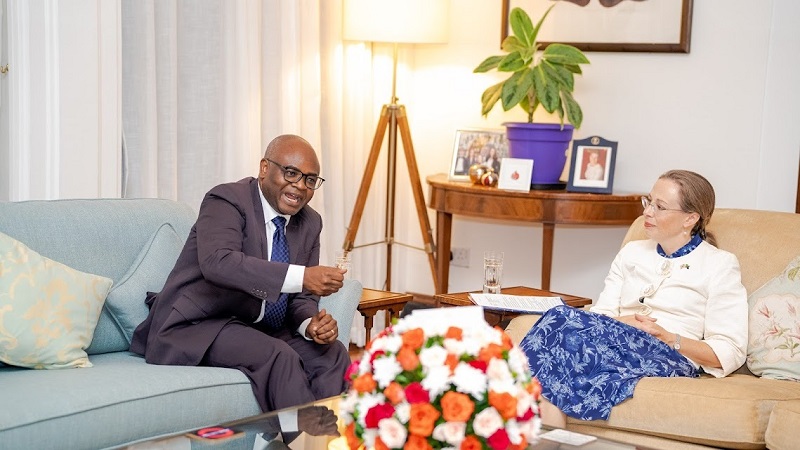Change for Clean Cooking Solutions is on the Horizon in Tanzania
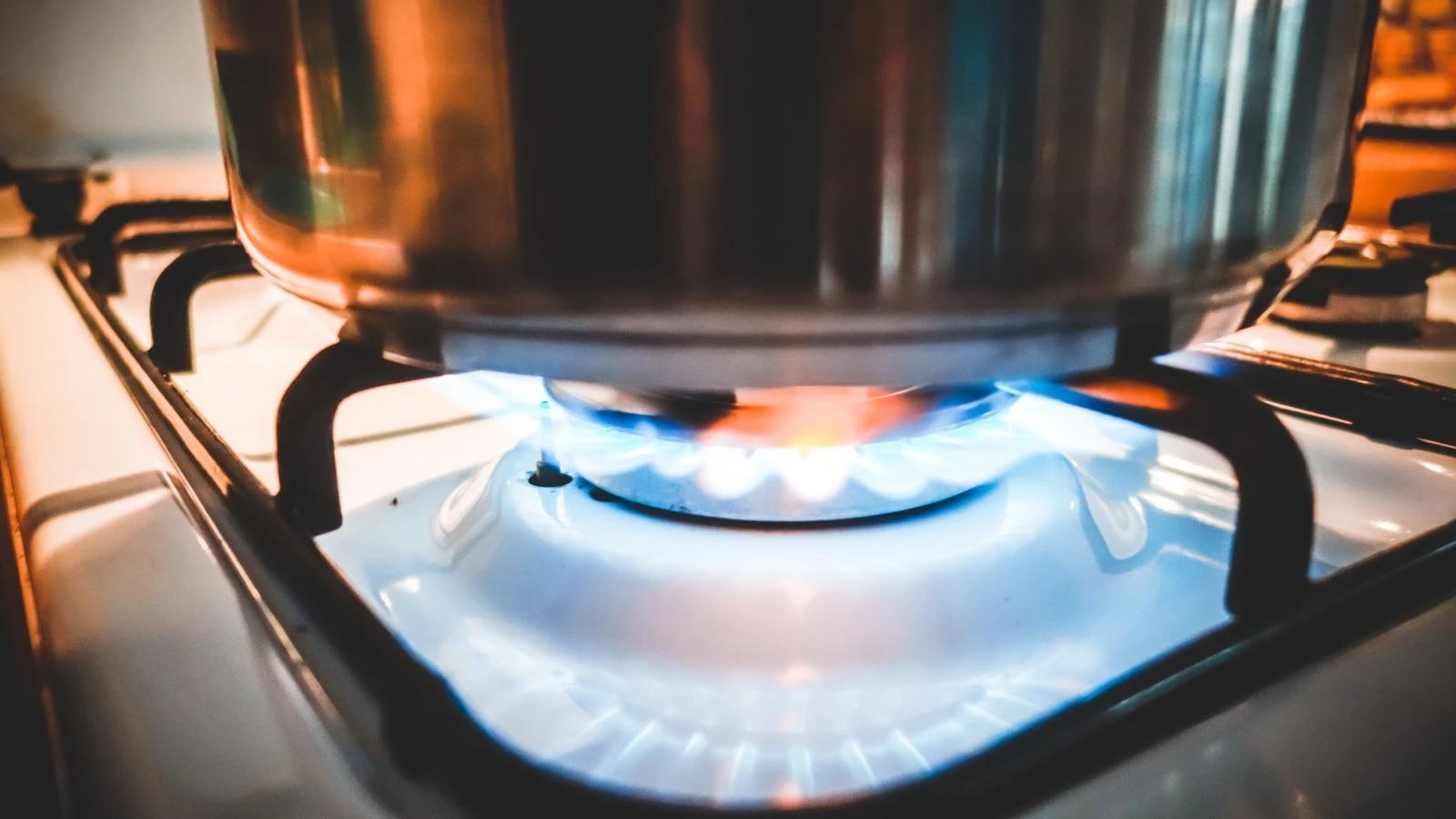
In kitchens across Tanzania, the act of preparing a meal is more than just a routine, it is a daily ritual deeply woven into the fabric of family and community life. Yet behind the warmth of the hearth lies a reality that is often overlooked: for millions of Tanzanians, cooking still relies on biomass fuels like charcoal and firewood, sources that pose serious health risks, environmental strain, and economic pressure.
The numbers tell a sobering story. According to the Tanzania Bureau of Statistics, the majority of households still use traditional sources such as firewood and charcoal for cooking. This dependence has wide-reaching implications. Indoor air pollution from burning wood and charcoal is a leading contributor to respiratory diseases, particularly affecting women and children, who spend the most time near cooking areas. The World Health Organization estimates around 3.2 million people in the world die annually from diseases caused by household air pollution.
The economic toll is just as pressing. According to a 2023 study by the World Bank, Tanzanian households spend up to 30% of their income on charcoal in urban areas, while rural families often invest significant time and labour gathering firewood. In addition, the widespread use of wood fuel contributes to deforestation, threatening ecosystems and undermining climate resilience.
However, Tanzania has begun a steady shift toward modern energy, marked by notable progress in electricity generation and distribution. Over the past decade, the government has invested in large-scale infrastructure projects to strengthen supply and access. One major development is the Julius Nyerere Hydropower Project, now standing ready to generate 2,115 MW, significantly boosting national electricity capacity. Complementary investments in gas-powered plants and distributed solar are further diversifying the energy mix.
Efforts to expand access are also gaining momentum. The Rural Energy Agency (REA) has connected 12,318 villages (100%) to electricity since its inception, supporting Tanzania’s goal of achieving universal access by 2030. As electrification deepens, especially in urban and peri-urban areas, new possibilities are emerging including the opportunity to modernize cooking practices.
Electric cooking, or eCooking, is one such frontier. Unlike traditional methods, eCooking uses appliances such as electric pressure cookers, induction stoves, and rice cookers, which are cleaner, faster, and more efficient. As more households gain reliable electricity, these options are no longer reserved for the few but increasingly accessible to many.
The momentum for change gained new structure on 2 June 2025, when the government launched the National Clean Cooking Communications Strategy 2024–2034 in Dodoma. This built upon the launch, on 8th May 2024, of the National Clean Cooking Strategy (2024-2034), a 10-year roadmap outlining an ambitious vision: achieve 80% clean cooking adoption by 2034.
The strategy emphasizes a clean energy approach which also gives attention to safer technologies such as electric cooking as a transformative solution, especially in grid-connected areas. It also integrates clean cooking with the country’s broader electrification, climate, and public health agendas, ensuring it is not a standalone issue but a pillar of national development.
In the coming weeks, this transformation is expected to come more clearly into view. Tanzania stands at the cusp of redefining what cooking looks like for millions of its citizens. For families, communities, and institutions alike, this could mark the beginning of a cleaner, healthier, and more modern way to cook, and live.
Top Headlines
© 2025 IPPMEDIA.COM. ALL RIGHTS RESERVED















